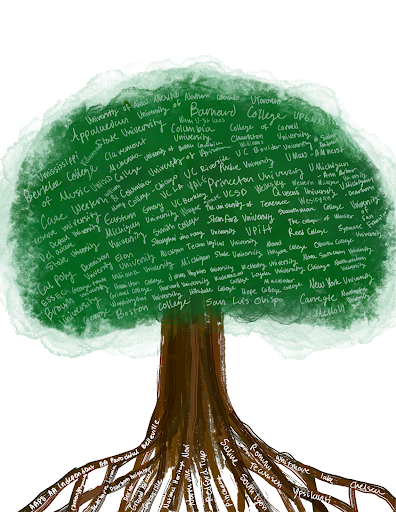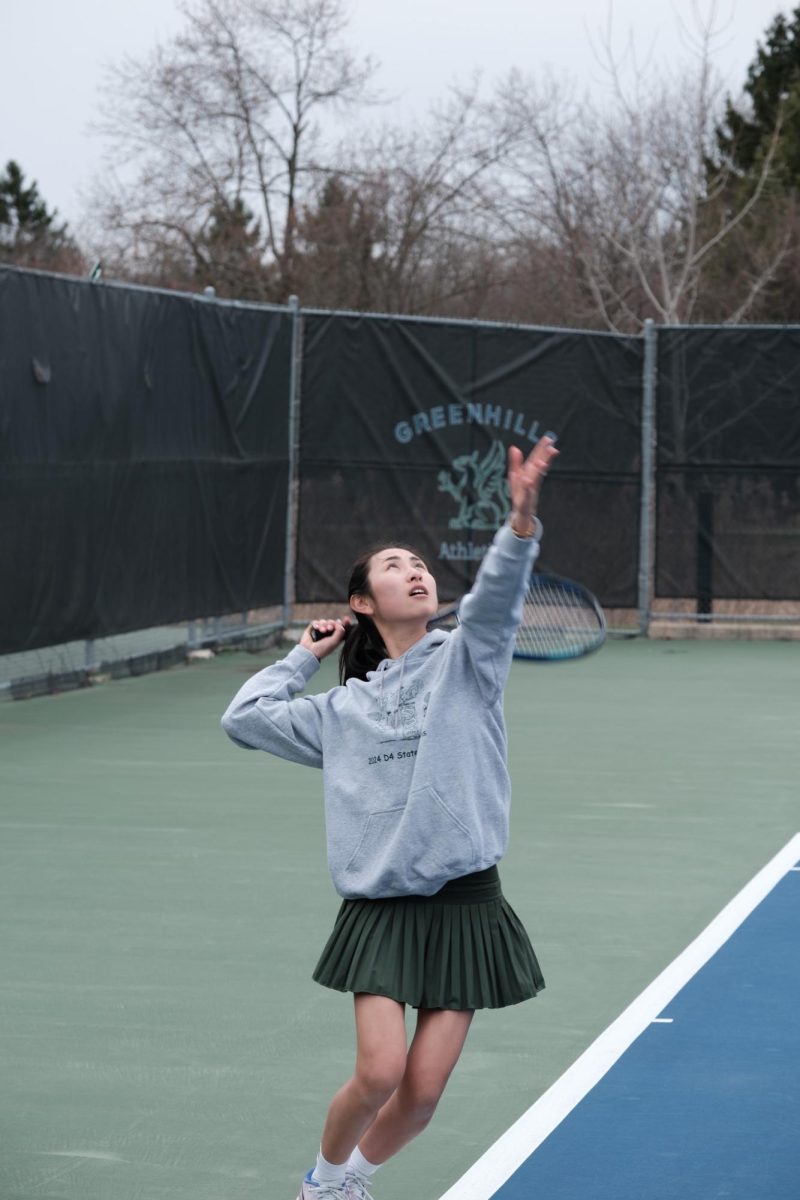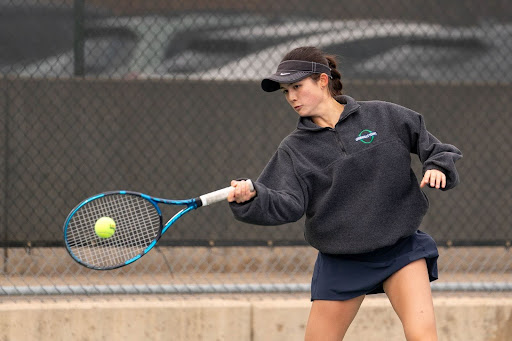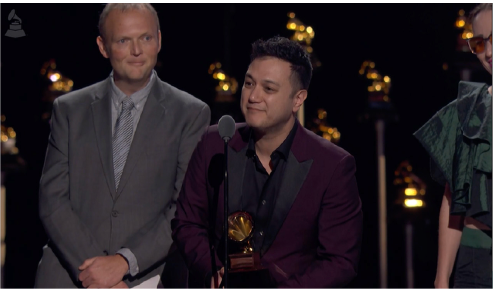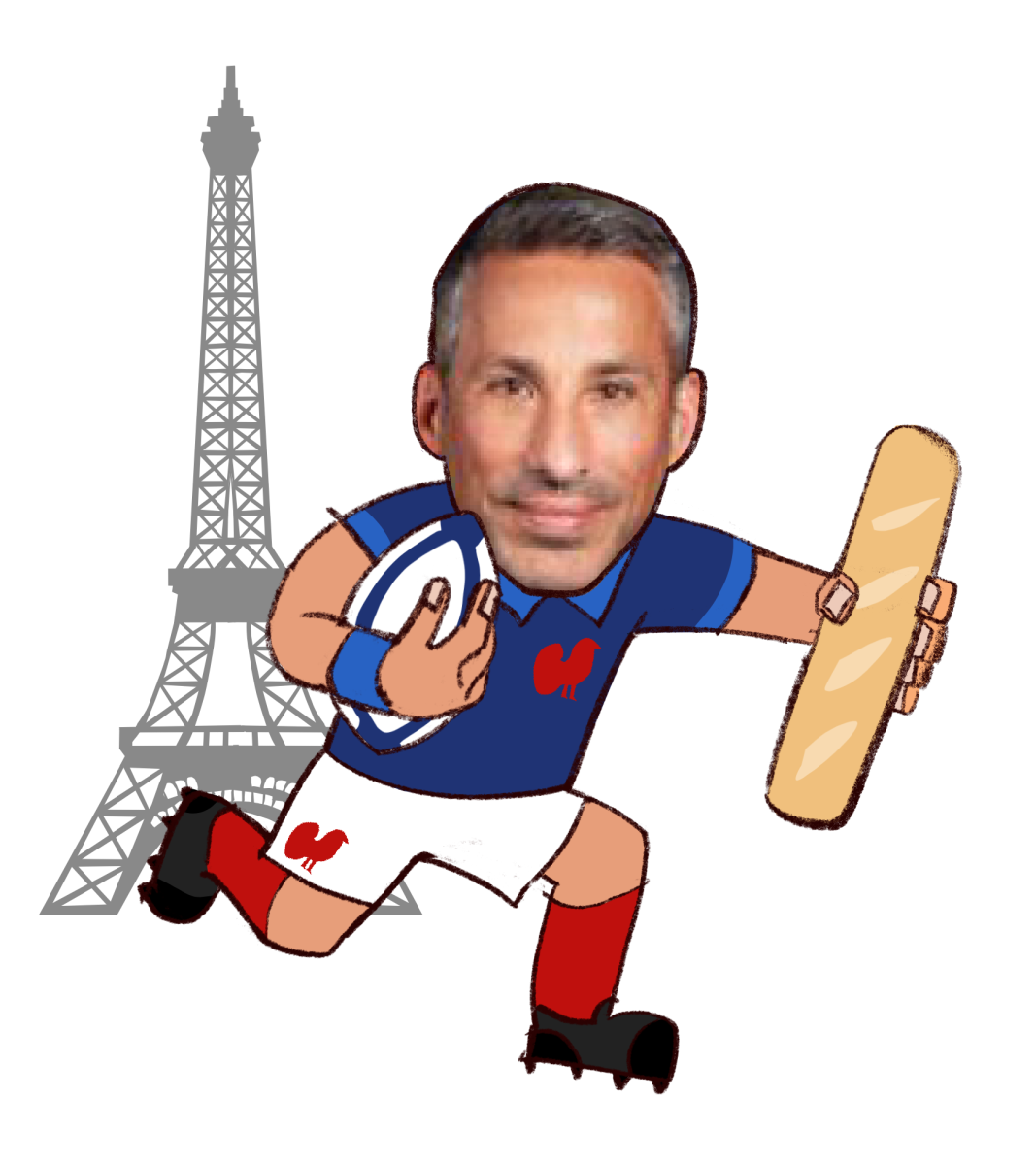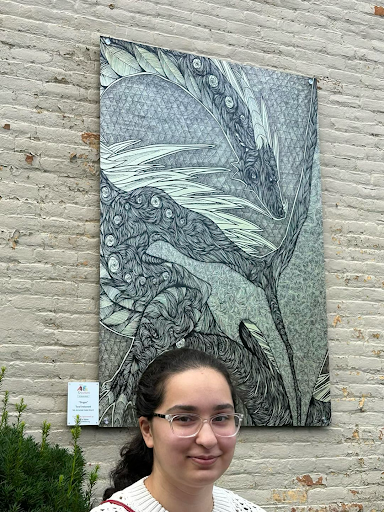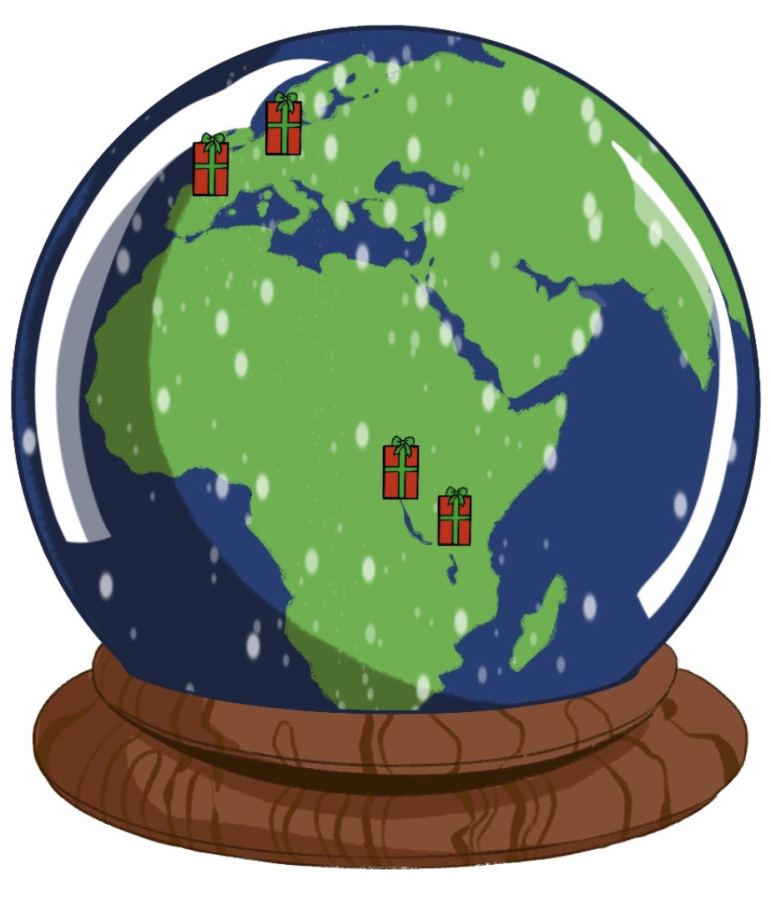Worldwide winter wonderlands
November 10, 2022
With the holidays approaching, many Americans are getting ready to decorate Christmas trees, light menorahs, and build gingerbread houses. However, around the world there are billions of people who celebrate in different ways.
Maraki Tamrat ‘23 lived in Vienna, Austria for the first 15 years of her life. Among the many memories she made in Austria, holidays have always been special to her. She says Catholicism played a huge role in Vienna’s Christmas celebrations.
“We followed Christian holidays and traditions,” Tamrat said. “And we had one tradition where children would leave their shoes by the doorstep so if St. Nicholas (Santa Claus) came, if they were good he would put presents in them, but if they were bad he would put lumps of coal in them.”
However, there were some differences Tamrat described that put a darker twist on these stories. Many children would be good throughout the year so they wouldn’t be noticed by Krampus, a demon from Hell.
“He would come and put children in their sacks and then burn them,” said Tamrat, “This was something that scared a lot of children in Austria.”
The whole city was very festive around the holidays. Many people joined together in the festivities and celebrated together. In the center of Vienna there was always a Christmas market.
“Me and my family would always go to the Christmas market where people would sell Gingerbread and toys and presents.” said Tamrat, “In Austria it is a huge tradition to go to a Christmas market. They also sold Advents calendars, which are the calendars with little chocolates in each door that represent a day. I still get them every year.”
Spanish teacher Jenniffer Gray lived in Spain for five years and still goes back for the winter holidays every other year. Spain has a large Catholic population. With an abundance of festivities during the winter, their Christmas festivities lasts longer than those of the U.S.
“There are more days where they really celebrate in pretty big ways,” Gray said. “The big day when people give presents is called the Epiphany of Spain, or Los Reyon Majos, it’s on January 6th. It’s the day when the Three Kings bring gifts, which is based on the Catholic holidays, these were the kings that brought gifts to baby Jesus.”
In Spain, they still celebrate Christmas and Christmas Eve with the Three Kings being similar to our Santa Claus. They rejoice with days filled with family, friends, and feasting. However, New Year’s Eve is Gray’s favorite holiday in Spain.
“It is a day to be with family,” Gray said. “We have this huge dinner starting at 9 p.m. and we have seven courses of seafood and finish around 11:40 p.m. Then we get a plate full of 12 grapes and during the chiming of the city bells, we have to eat all 12 grapes in order to have good luck for the upcoming year.”
Gray likes to keep this tradition alive with her family and friends. On New Years, she gathers with family and friends on Zoom to share the experience annually.
“Before the pandemic, we had discovered zoom and we had friends in many places and every year for New Years. For the past 10 years we celebrated with the grapes at midnight.” Gray said, “We stream the clocks from Spain and our friends and family will tune in from wherever they are and eat the grapes with us.”
After a heartfelt celebration with family where everyone has champagne and dances together, young people go out and party with their friends. At 2 a.m. the streets will be lively and filled with people. This goes on till 7 or 8 a.m. when people finally return to their homes and go to bed.
“You only get to sleep for a few hours because then you get back up again and have another big family meal,” Gray said. “One thing that is really special to me is that balance of family and friends and the celebration, it’s a much longer holiday and way more festive, but I will always love holidays at my parents house here, the most.”
In the southern hemisphere, Christmas looks a lot different. Graeme Jagger ‘23 lived in Malawi and Uganda for one year each. The holiday season is very different due to the flipped seasons.
“Having Christmas in a place where it’s the warm season is very strange,” Jagger said. “Usually around Christmas time, you’re bundled up by the fire, but living in Africa there are more outdoor activities.”
While Americans are stuck inside watching holiday movies, Africans are having potlucks and picnics. Jagger loves to spend time outside during this time and appreciates the endless possibilities of activities in the warm season.
Although the winter holidays look very different around the world, they all have one thing in common, spending time with family and friends.



